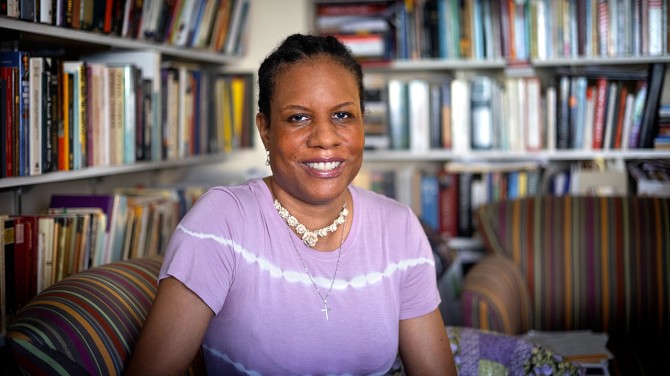August 3, 2021 – A worsening economic crisis, soaring numbers of people in poverty and a humanitarian crisis for Lebanon’s children – that’s the situation one year on from Beirut’s devastating port blast.
On August 4 last year, an explosion in the port area of Beirut killed 207 people and left some 300,000 people homeless, After the blast, World Vision worked with communities to repair more than 600 homes, 10 schools and provide 4700 children and caregivers with psychosocial support.
But the scale of that emergency is now being dwarfed by an economic crisis that has fuelled hyper-inflation, destroyed family savings and resulted in food, fuel, medical and power shortages, leaving millions of people struggling to survive. One million children – around 15 per cent of Lebanon’s population of 6.8 million – are now in need.
The economic and financial crisis has been driven by a mix of factors, but was accelerated by the explosion at a warehouse in the port which destroyed large parts of the capital. Lebanon is now reeling under the weight of a political crisis, street protests and the effects of responding to the COVID-19 pandemic that has destroyed businesses and resulted in a brain-drain as professionals exit the country.
The UN estimates that around $AU410 million is needed to provide aid to around 1.5 million Lebanese and 400,000 migrant workers living there. But approximately half of Lebanon’s 6.8 million people are now thought to be living in poverty[1]. Around one million of Lebanon’s 2.1m children are in need.
Lebanon also hosts the highest number of refugees per capita of residents in the world, with more than one million Syrian refugees and 270,000 Palestinian refugees.
“The humanitarian crisis facing Lebanon is extremely worrying and it is worsening. Families are losing jobs, business and livelihoods. Their savings are disappearing as hyperinflation makes them worthless and there is a real fear of the potential for sectarian conflict to grow in this tense atmosphere,” says World Vision Australia CEO Daniel Wordsworth. “We are extremely worried about the country’s children who are now going hungry, witnessing chaos and protests, and who have already suffered school closures as a result of the pandemic.”
Mr Wordsworth said World Vision had reached 150,000 people – almost half of all those affected by the blast. Aside from house and school repairs, World Vision teams have worked hard to rehabilitate common spaces, supported dozens of micro businesses, provided 1200 families with cash assistance and distributed thousands of food parcels and hygiene kits.
World Vision is responding to the crises via long-term development programmes in communities across the country, with a focus on livelihoods. The work supports more than 890,000 Lebanese, and Syrian refugees. Of these, 490,561 are children.








